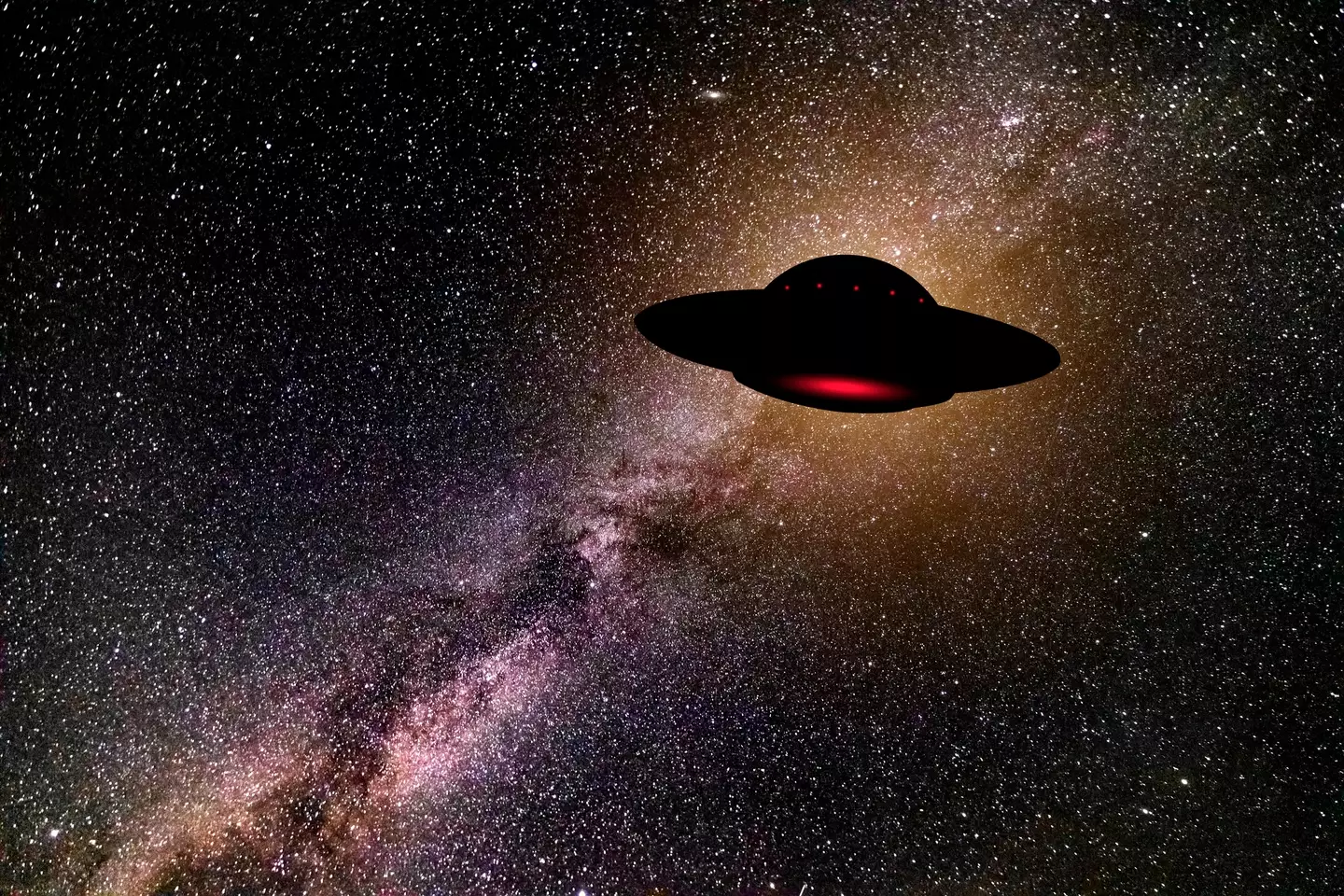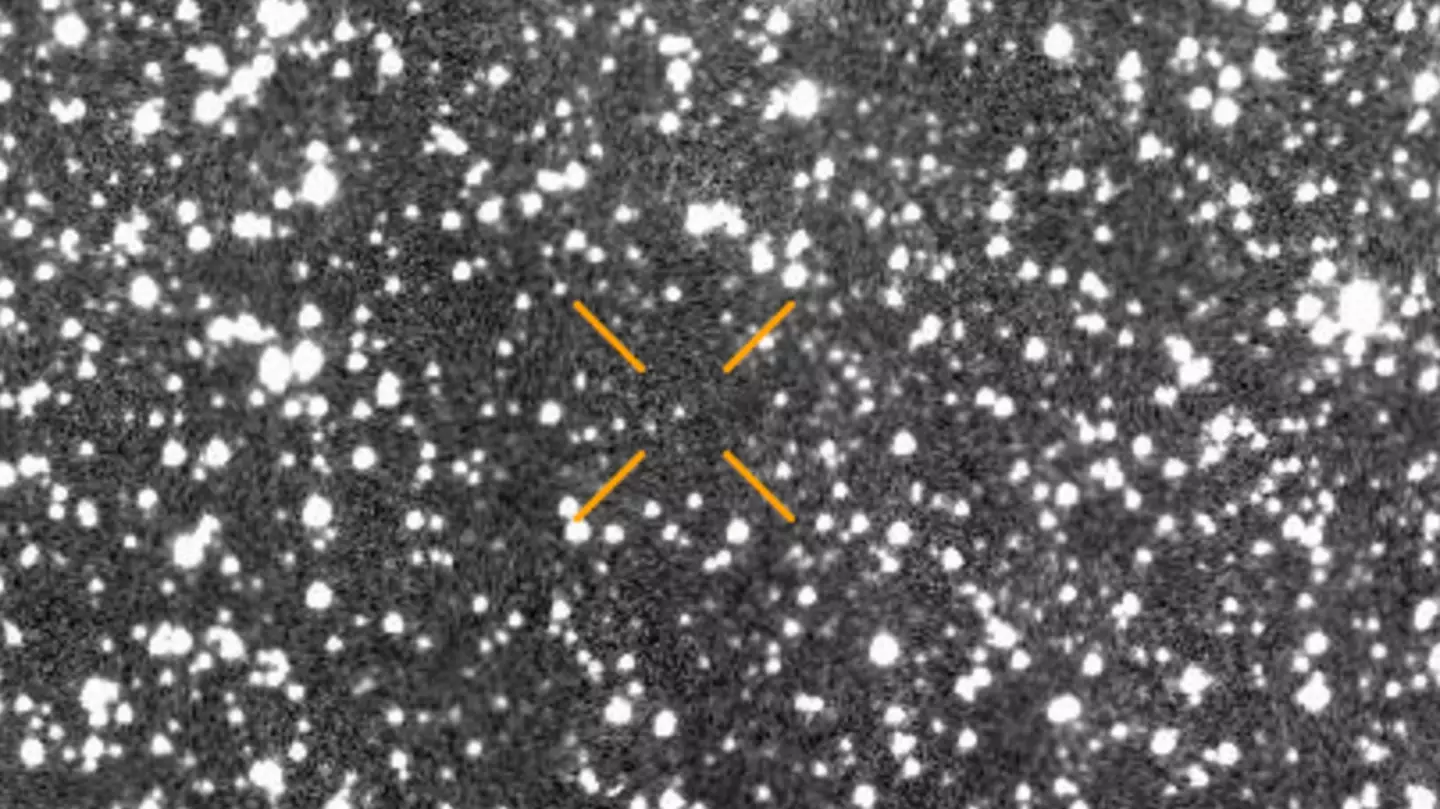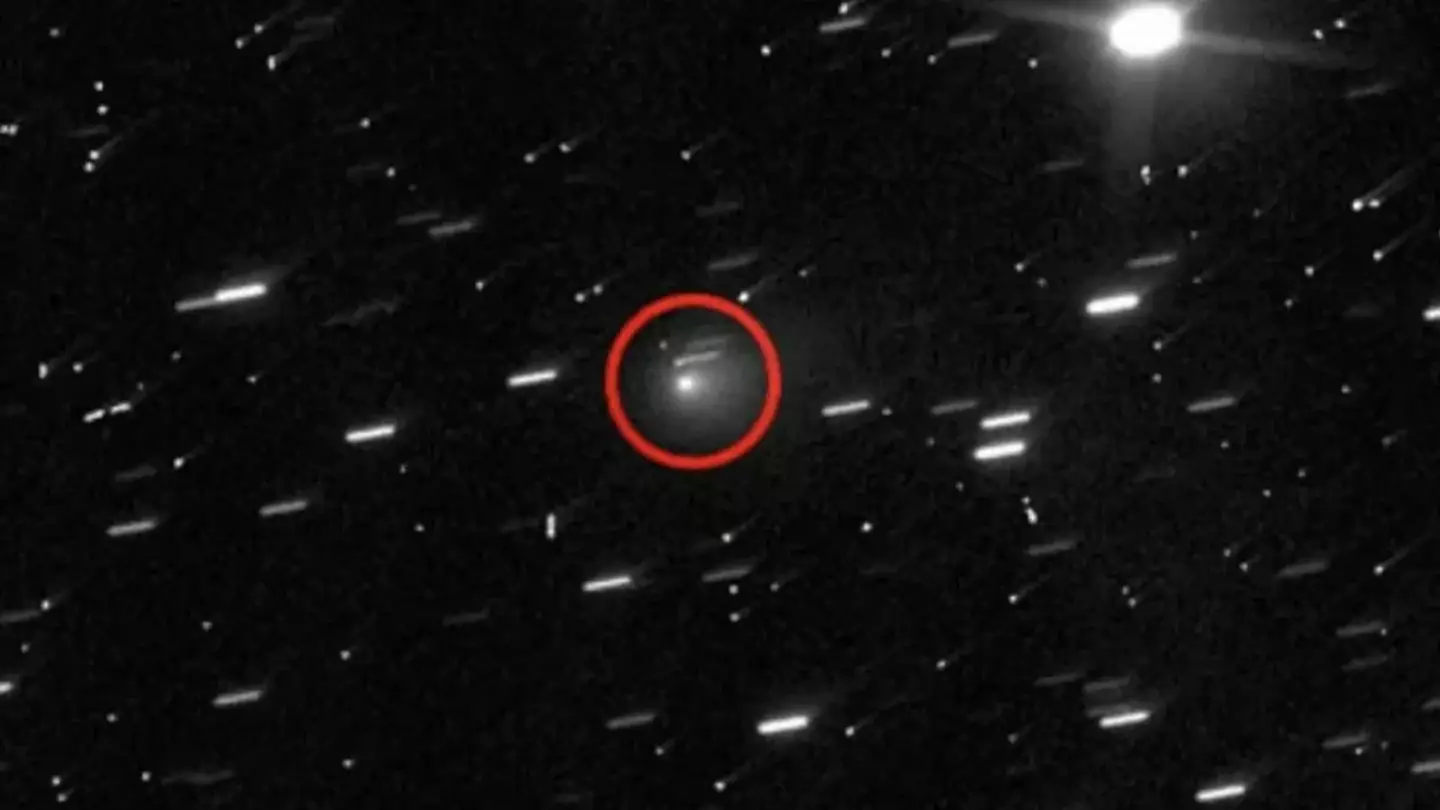Avi Loeb, a Harvard scientist, has put forward the idea that researchers should communicate with a puzzling space object named 3I/ATLAS, before the opportunity slips away.
Since the ATLAS survey telescope in Rio Hurtado, Chile, first detected 3I/ATLAS on July 1, 2025, Loeb has been advocating for more investigation into this object.
Though NASA has identified it as a comet, Loeb, a physicist, has noted that Hubble Space Telescope images reveal ‘a glow ahead of the object’ without ‘a prominent cometary tail behind it’.
This observation has led Loeb to theorize that the object might be artificially constructed rather than being a natural celestial body.
In a recent article on Medium, Loeb proposed that the object may harbor alien technology. He also shared with MailOnline the specific message he thinks we should transmit to 3I/ATLAS.

The object is expected to reach its nearest point to the Sun on October 29, 2025. However, Loeb cautions that it might approach Earth ‘by Christmas’.
He explained to MailOnline: “A visitor to our backyard, like 3I/ATLAS, can easily enter our home planet, Earth, within a travel time of less than a few months.”
Despite the vast distance, Loeb proposes contacting the object using the ‘only’ feasible method.
“The only way to reach it now is with a beam of light,” he clarified.
Loeb’s proposed message is: “Hello, welcome to our neighborhood. Peace!”
If 3I/ATLAS does carry extraterrestrial life, a cordial greeting could indeed be beneficial.
Loeb elaborated on his blog about how opening communication with an alien species might pave the way for a more extended relationship.

He stated: “In order to develop admiration for a superior intelligence, humans must develop some form of communication which translates into a dependent relationship, which offers benefits of help by superhuman abilities.”
“Having no communication at all with a stranger would trigger a transactional response to ambiguous actions without an understanding of the underlying purpose or meaning of these actions.”
Should communication be established, Loeb notes the necessity of creating a ‘common language’.
“Our side of the communication channel can be assisted by our most advanced artificial intelligence systems to decode the messages we receive,” he advised, while cautioning: “As anyone who went on a blind date knows, exchanging text messages could be a very different experience than an actual encounter ‘in person’.”

